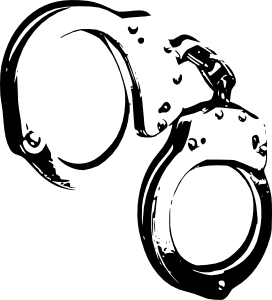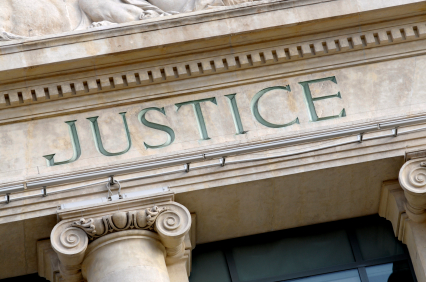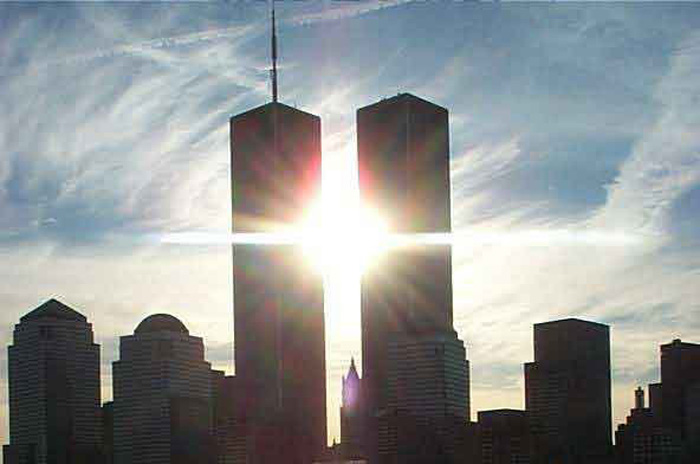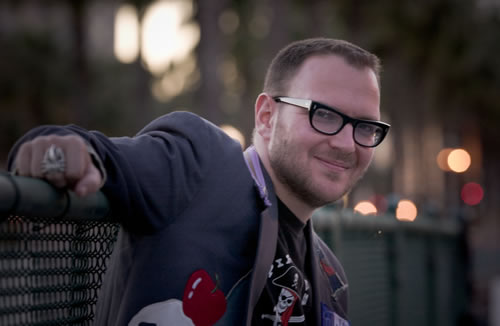






There are many ways in which a country can respond to a terrorist attack. The United States of America in particular has reacted in a way that has greatly impacted our nation’s way of thinking. Overall, it seems as though our country has increased its amount of discrimination towards specific groups of people and have violated the Constitutional rights of citizens.
In Cory Doctorow’s, Little Brother, the Department of Homeland Security (DHS) kidnaps, interrogates, tortures and spies on the people of San Francisco in reaction to a terrorist attack on the Bay Bridge. For my original contribution, I am analyzing Doctorow’s novel and interpreting it in my own unique way. In evaluating Little Brother, I have chosen to specifically investigate how immigrants were affected by the attack on September 11. While the issue pertaining to immigrants is not present in Little Brother, there are certain instances within the story that relate indirectly which include the secret kidnapping of teenagers.
I have decided that this book is a direct reflection of the largest attack on our country: September 11, 2001, the attack on the Twin Towers and Pentagon. In Doctorow’s reading, many innocent people are abducted because they appear as possible suspects who have information regarding the attack. Similarly to September 11, authorities responded in a way that targeted certain groups of people, namely immigrants who, legally or illegally, entered the United States of America. In his journal, Dollar & Sense, Tom Barry explains the ways in which the 9/11 terrorist attack have drastically changed how immigration traditionally operates. Barry states that immediately following the attacks, “immigrants were increasingly defined as threats to the nation’s security” as time progressed (Barry). Even immigrants who were already living in the country before the incident occurred were seen as suspects and were taken into custody. Immigrants became the nation’s number one enemy because the government had reason to no longer trust those who were not born in the United States. Barry also gives a list of statistics stated in the latter half of the journal entry, declaring the ways in which the strictness of immigration policy has increased since 2001. For example, since 2006, the rise in immigrant detentions has raised 21% and in 2007, immigrants caught by the DHS reached 960,756 people.
In another journal on immigration, David Bacon writes about Erlinda Valencia, an immigrant from the Philippines whose life in the U.S. as an airport baggage screener took a turn for the worst when the Twin Towers were hit. The media accused immigrant screeners of allowing terrorists to enter the planes flying to New York and Boston with weapons which then led to large amounts of racism and interrogation (Bacon).
Since immigration has taken such a large toll on our country in the past decade or so, there are other forms of security throughout the United States that have increased in addition to immigration policy. Airport security, for example, is one of the major ways our country has altered itself in response to the terrorist attack. Building off the growing distrust our nation now has towards immigrants, those who use airplanes as a mode of transportation have been greatly affected. Barbara Ehrenreich expresses the ridiculousness of airport security and how our government has over exaggerated when it comes to ensuring peoples’ safety in airports. In her journal entry in The Progressive, she gives the reader a vivid description of her experience going through an airport security line, explaining the awkwardness of an attendant searching through her underwear and patting her down. She then proceeds to talk about how Caucasian people tend to get off easy in airports, asking, “Where is white skin privilege when I need it?” (Ehrenreich). Her point in this entry is that immigrants—or more specifically, people of color—are targeted nowadays in places that involve national security.
Matthew Rothschild, author of the journal entry in The Progressive titled, “When Arabic is suspect,” and Sarah Sharma’s journal entry in Cultural Studies titled, “Taxi Cab Publics and the Production of Brown Space After 9/11,” both talk about the ways in which immigrants, Indians in particular, have been affected since the incident on September 11. Rothschild explains that Raed Jarrar, an innocent passerby at the JFK airport is asked by authorities to remove his shirt which writes, “We will not be silent,” in Arabic. Similarly in Sharma’s entry, taxi drivers are burdened with continuous racist remarks regarding their association with Osama bin Laden, the leader of the terrorist attack. In both these journal entries, it is evident that some groups of immigrants are more targeted than others. In this case, all Indian men are seen as the enemy, not just immigrants in general. Hypothetically speaking, if they were Asian immigrants, I am sure they would not receive as much discrimination as they do.
As mentioned before, Cory Doctorow’s, Little Brother does not explicitly talk about the issue connecting immigrants and attacks such as the one on September 11. Instead, he translates the discrimination seen in real life to the way in which the DHS views teenagers in his story. In today’s world, Indians men are perceived as key suspects in terrorism, just as Marcus and his friends are labeled suspects in Little Brother. If Doctorow’s intention was to portray this type of racism through the capture of specific teenagers in his novel, I would criticize his lack of emphasis on prejudice towards a particular group of people. Had he done this, he would have made a deeper and more influential connection with his readers.
I end this review of literature with the conclusion that people of color, regardless of whether or not they are immigrants, tend to be the primary target. In most cases, it is clear that the Indian race in particular has been treated with blatant discrimination for no legitimate reason. In addition, there is a clear link drawn between Cory Doctorow’s novel, Little Brother, and how the world is today in the sense of equality. Due to incidents such as the one on September 11, immigrants are seen as main enemy which has created a great deal of unfairness throughout our country.